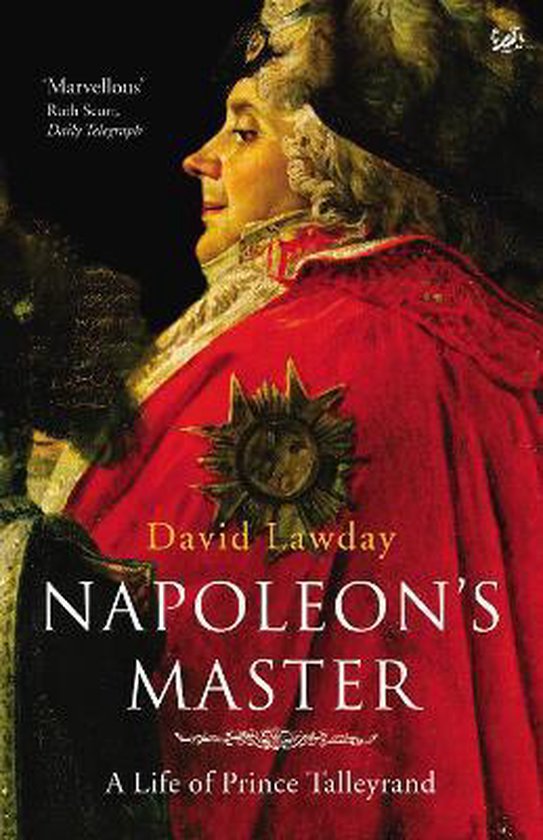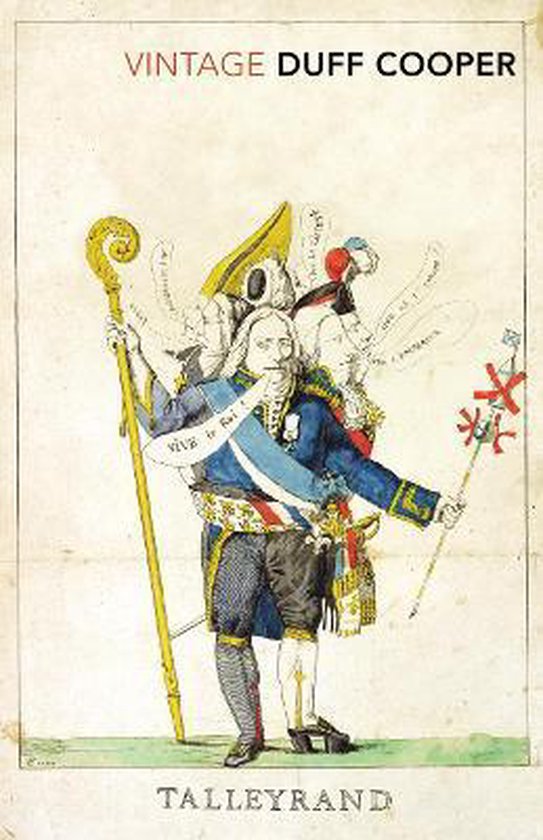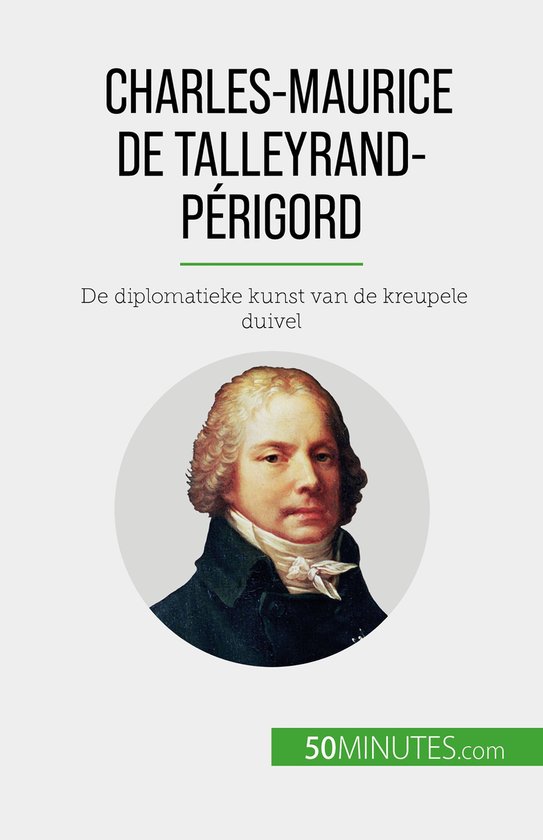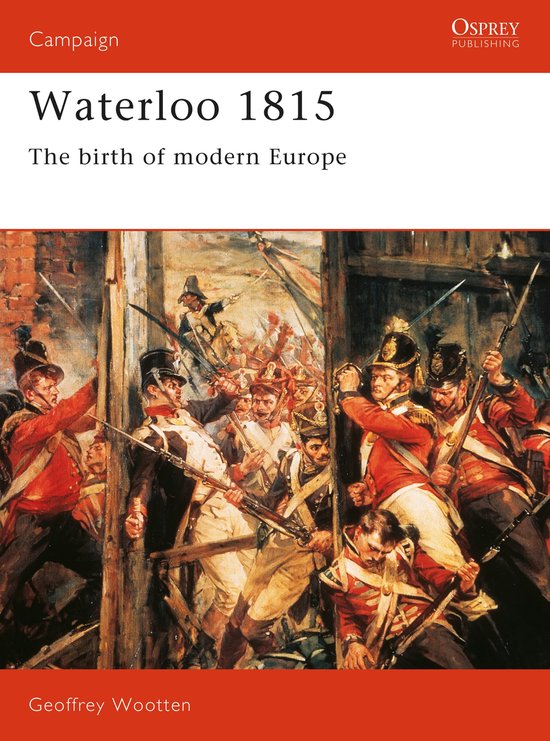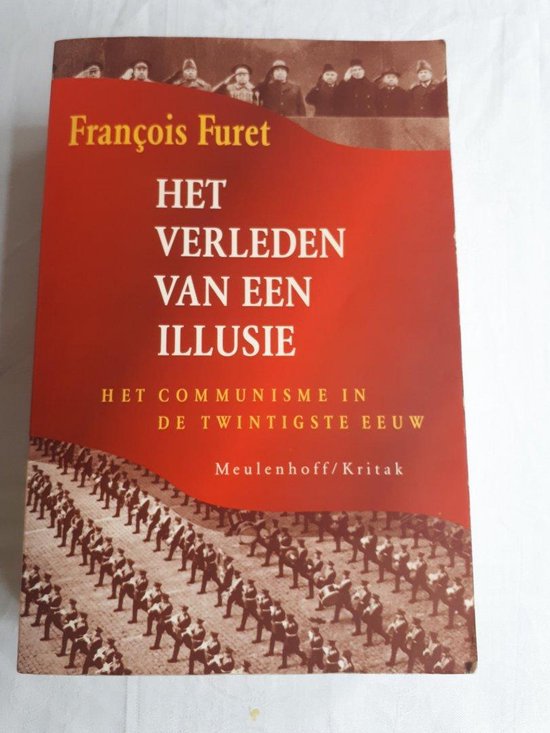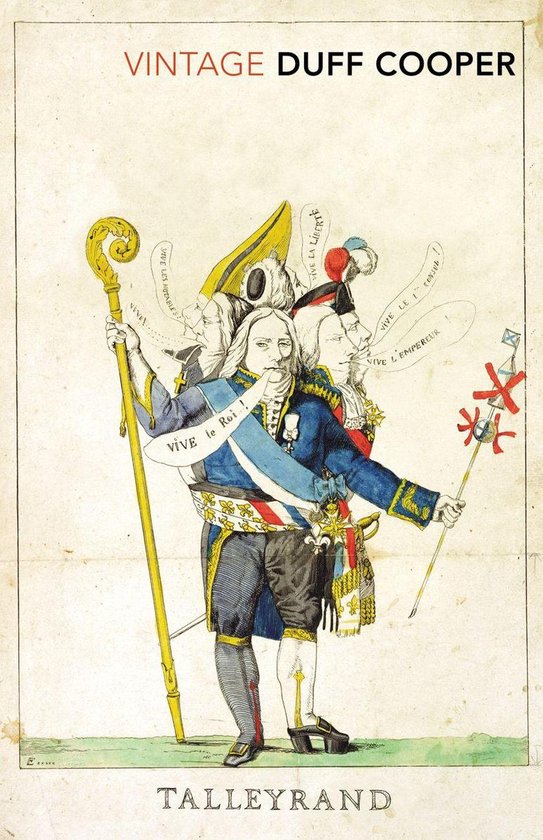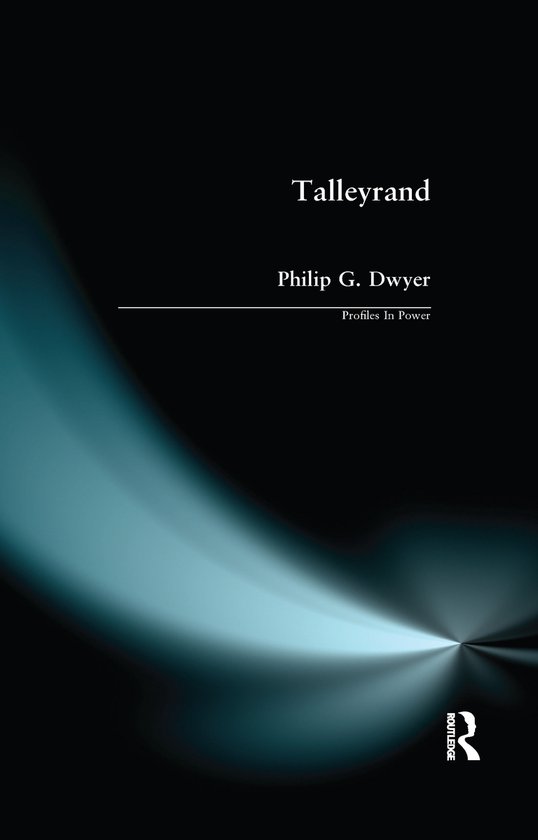
Talleyrand
Charles Maurice de Talleyrand is one of the most significant figures in both French and European history in the nineteenth century. His active career was to last from the end of the reign of Louis XV to the beginning of the July Monarchy under Louis-Philippe almost sixty years later. His life spanned the dramatic revolutions of France, which were to change the face of Europe.
Like a political chameleon, Talleyrand adopted the appropriate political mask, and of course the suitable political rhetoric, according to the outcome of the power plays that had been conducted on the national and international scene. In other words, he had more than one face. Thus, as Agent General of the Catholic Church between 1780-85, he vigorously defended it from attacks on its property by the monarchy. As revolutionary bishop in 1789, however, he proposed the sale of Church lands as a means of resolving the country’s acute financial crisis. As foreign minister under Napoleon, he supported an aggressive expansionist policy both on the Continent and overseas and helped implement measures that were directed specifically at the defeat of Britain. As envoy to London in 1792, and again as ambassador to the court of St James under the Restoration, he advocated an alliance between France and Britain.
This colourful life of Talleyrand provides a vital insight into the turbulent changes and issues of the nineteenth century.
Philip Dwyer is Lecturer in History, University of Newcastle, Australia. He is the editor of `Napoleon and Europe’ (Longman 2001) and the co-author of `The French Revolution and Napoleon: A Sourcebook’ (2002).
From church establishment figure to revolutionary, supporter of Napoleon Bonaparte to promoter of the Bourbon Restoration, the twists and turns of Charles Maurice Prince de Talleyrand’s remarkable career through one of the most turbulent periods of French and European history continue to fascinate. Witty and wiley, cynical and charming, Talleyrand has been portrayed as a cynical opportunist, hypocrite, and traitor who betrayed governments whenever he had a chance to do so. Yet as the representative of France and advocate of peace at the Congress of Vienna, he has also been cast as the saviour of Europe.
Philip Dwyer offers a detached, more nuanced analysis of the role of Talleyrand in the corridors of power over five different French regimes. He presents Talleyrand as a pragmatist, a member of the French political elite, mediating between various political interests and ideological tendencies to produce a working compromise, rather than actively seeking the overthrow of governments. His ability to weather the tectonic shifts in French and European politics of the time, and to successfully attach himself to the prevalent political trend, ensured that his role as French statesman was long and productive.
| Auteur | | Philip Dwyer |
| Taal | | Engels |
| Type | | Paperback |
| Categorie | | Biografieën & Waargebeurd |
